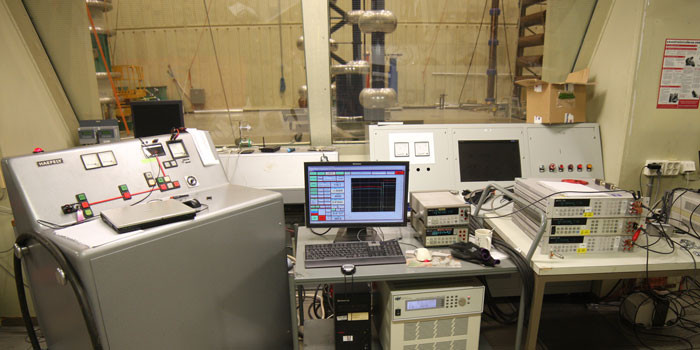Industrial and power electronics
Our research and innovation efforts on industrial and power electronics are taking place at three complementary levels: algorithms, methods, and applications.
At the algorithms level, we are creating novel computational schemes and intelligent systems by fusing computational intelligence (or “soft computing”) with more traditional control, fault diagnostics, modeling, signal processing, and optimization techniques (or “hard computing”). A typical motivation behind our hybrid algorithms is to provide synergistic improvements and higher machine IQ.
At the methods level, we are developing intelligent solutions to the various needs of electrical power/energy engineering with a recent focus on automatic fault detection and diagnostics of electric motors. In addition, we have on-going research activities on modeling hybrid-powered utility vehicles and their power converter and energy-storage units (e.g., batteries, fuel cells, and super capacitors).
At the applications level, we are studying the topic of energy-efficient (or “green”) data centers. In this emerging research field, our focus is on advanced powering solutions that would reduce the overall losses compared to the presently used power conversion systems. Another application area where we have put major effort in recent years is the development and analysis of energy-efficient power converters for photovoltaic panels that form the core of solar power generation. We are also developing energy efficient townhouse concept together with architects and civil engineers.
Leaders of the group Professor Seppo Ovaska and Professor Jorma Kyyrä.



